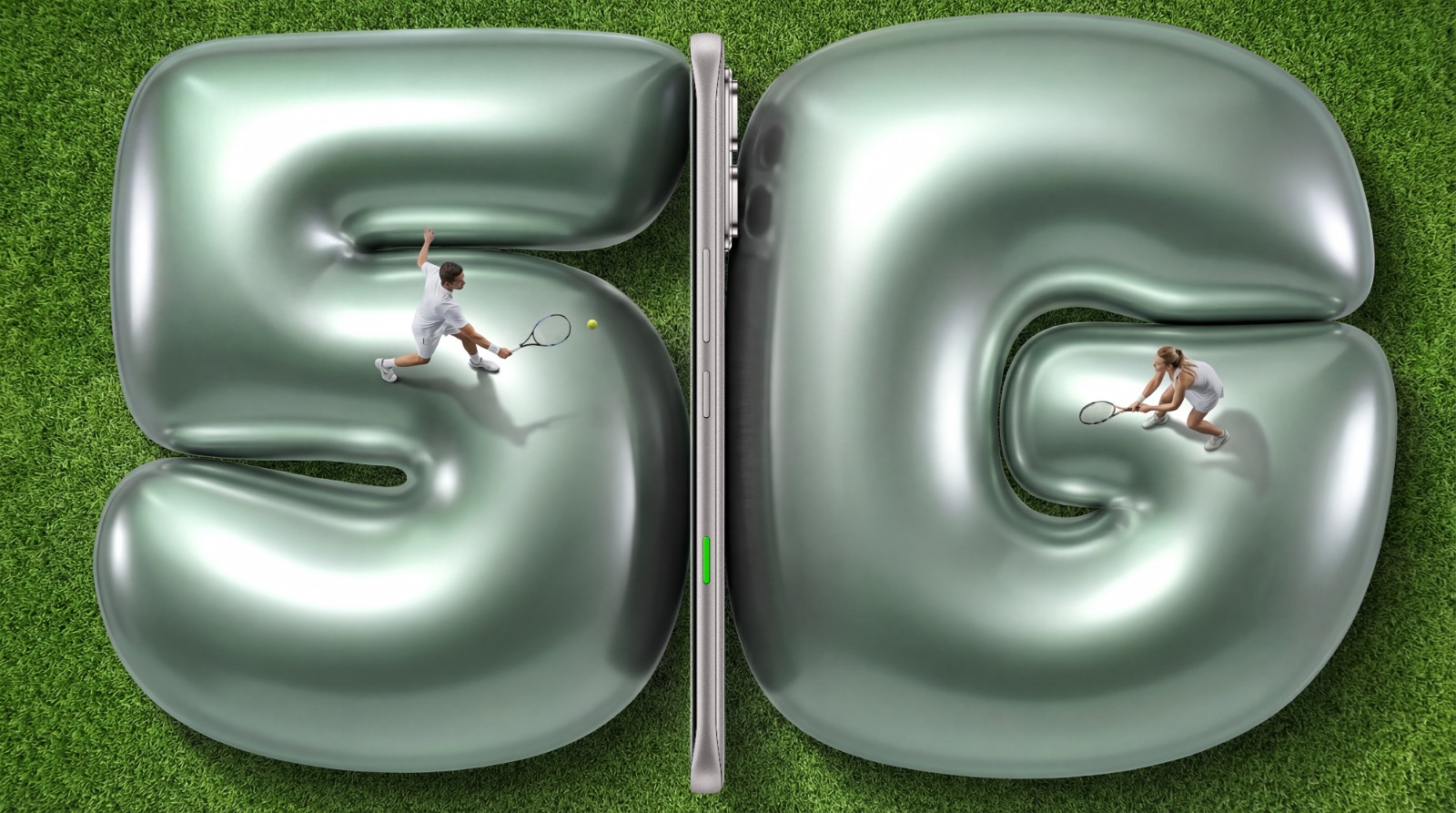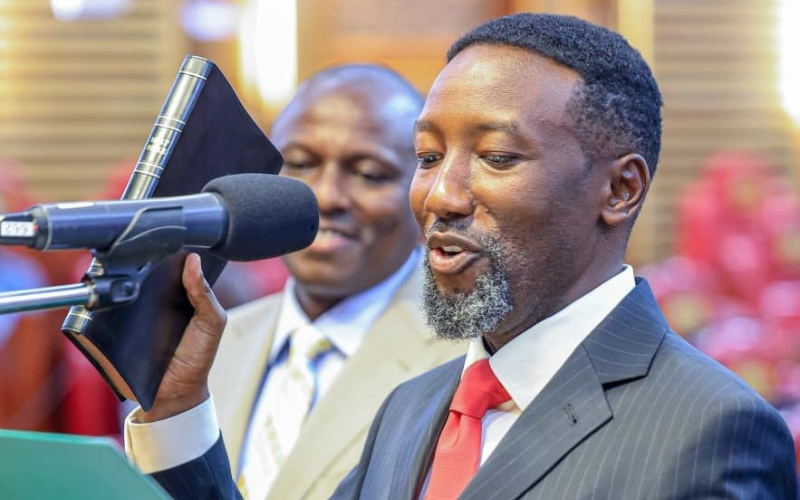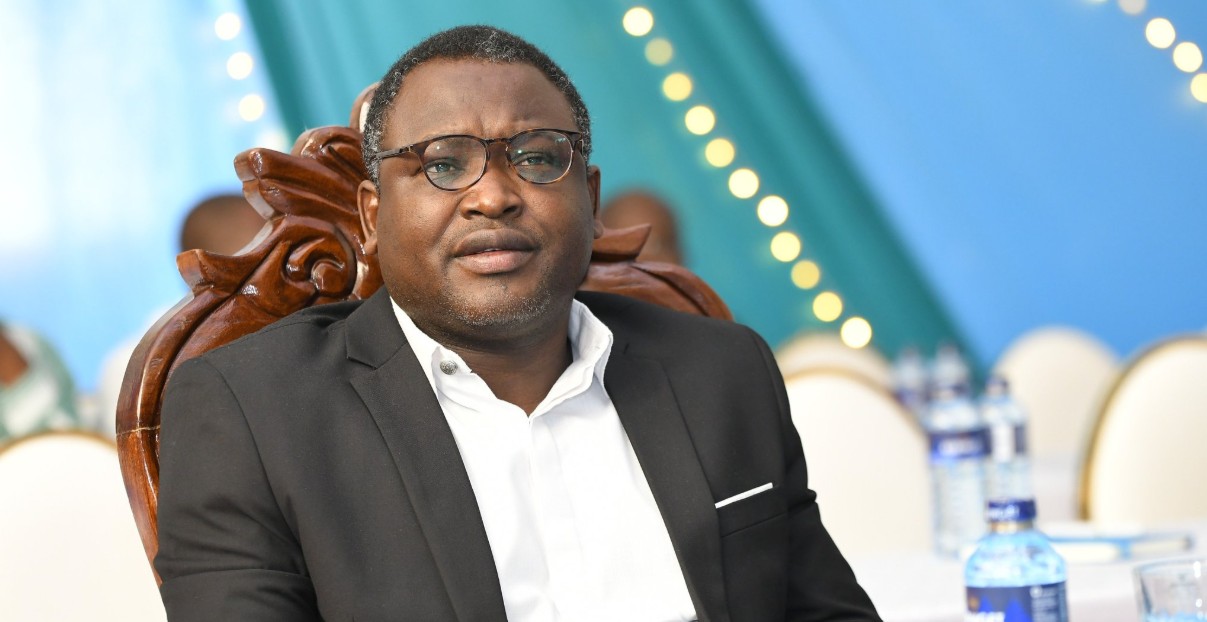Social media feeds are flooded with mental health content. TikTok videos explaining ADHD symptoms rack up millions of views, while Instagram infographics break down bipolar disorder signs.
This digital revolution has shattered stigmas and educated millions about conditions like depression, bipolar disorder, and OCD.
Young Kenyans particularly embrace these conversations, sharing experiences and finding community in previously isolating struggles.
However, this awareness wave has birthed a concerning trend: armchair diagnosis culture. Scrolling through relatable symptoms online, many now confidently declare themselves bipolar after mood swings or claim ADHD when struggling with focus.
Mental health conditions have become identity badges, worn proudly in social media bios.
“Mental health awareness month coming to an end, this is the best time to talk about this. I see patients daily who arrive convinced they have specific conditions based on online research,” says Dr. Ashley Mwangi, a Nairobi-based psychologist. “While increased awareness is positive, self-diagnosis can be dangerous and often inaccurate.”
The trend particularly affects young Kenyans aged 18-35, who consume mental health content actively.
Many identify with symptoms described online and conclude they have conditions like depression, anxiety, ADHD, or bipolar disorder without professional evaluation.
Dr. Ashley warns that mental health conditions share overlapping symptoms, making accurate self-assessment nearly impossible. “Feeling sad doesn’t mean depression. Being organized doesn’t indicate OCD. These are complex conditions requiring professional diagnosis.”
She recommends watching for persistent symptoms affecting daily functioning: changes in sleep patterns, appetite, energy levels, or social withdrawal lasting weeks.
However, she emphasizes that recognizing potential signs should prompt professional consultation, not self-diagnosis.
“Mental health awareness should empower people to seek help, not replace professional care,” Dr. Mwangi concludes. “Your smartphone cannot replace years of medical training.”











